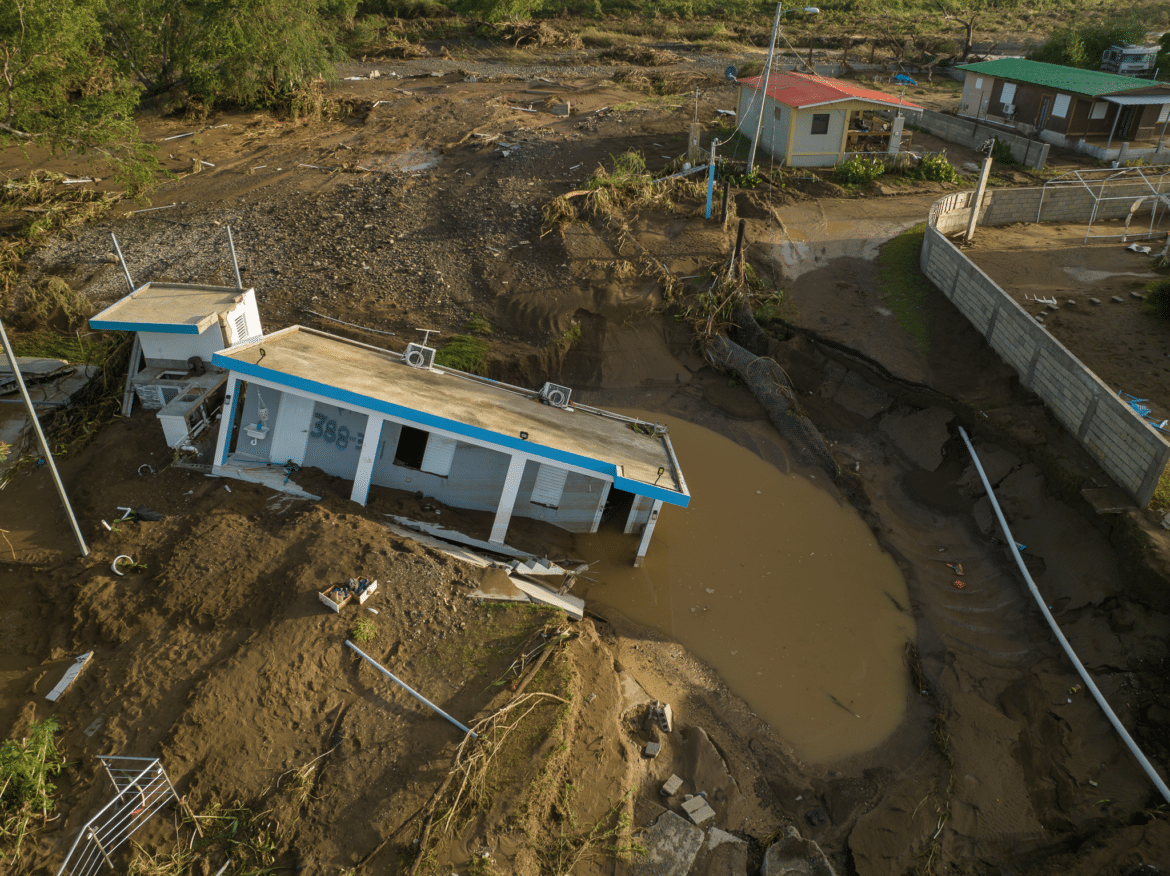No one needs to explain the importance of dealing with the growing problem of climate change to Puerto Ricans and to most of the residents of our archipelago because we know very well that our lives depend on it.
Sadly, those who hold power and, at the same time, have the responsibility to protect us don’t understand the urgency of the matter and don’t take real action to mitigate the damage.
2022 was the hottest year on record for our planet with an average temperature of 1.55 degrees Fahrenheit higher, surpassing 2021, the U.S National Oceanic and Atmospheric Administration’s (NOAA) Center for Environmental Information revealed this month.
Similarly, during the 27th United Nations Climate Change Conference in 2022 (COP27) in November, the United Nations once again urged developed countries to comply with their emission reduction commitments and established a special fund to contribute and compensate the most vulnerable countries affected by climate change.
Climate change and the effect it has on sea level rise and the strength and frequency of hurricanes will continue, and Puerto Rico is at one of the epicenters of this climate crisis, caused in large part by us humans. As a group of small islands in the heart of hurricane alley — which also has serious infrastructure problems and is in the midst of fiscal bankruptcy — we’re among the most vulnerable nations in the world to climate change. Between 2019 and 2020, together with Haiti, we occupied the top ranks of the countries most affected by climate change in the world, according to Germanwatch’s Global Climate Risk Index.
The recent story of the blow by powerful hurricane María — Category 4, almost 5 — in 2017, and how it killed almost 3,000 people, mostly due to the incompetence of our governments —local and federal — is still fresh on our minds and in the daily lives for those of us who live in Puerto Rico.
The damage caused by the atmospheric phenomenon and the lack of an adequate response by government institutions kept the population without basic electricity, water, and communications services for months. These circumstances caused most of the fatalities. Yet over the past five years, there has been very little action taken by those same governments to prevent tragic history from repeating itself.
The 3,000 is an estimate of deaths that the government of Puerto Rico admitted to a year after the event, and which only took action after several reporting investigations by the Center for Investigative Journalism (CPI) proved that the mortality linked to the event was exponentially higher than the 16 deaths that officials reported in the first 10 days of the emergency and the 64 that still, five years later, make up the official list of victims. The CPI, along with partners that joined along the way, such as Quartz and The Associated Press, managed to compile a list of more than 500 deaths over the course of a year of investigations.
Just a few months ago, Hurricane Fiona, a Category 1 hurricane, which is the lowest possible classification, and that made landfall for only one hour in the West, caused serious power and service interruptions in at least 15 hospitals and Diagnostic and Treatment Centers. We still do not know the impact that these circumstances surely had on the health or life of the patients in these facilities. The official number of deaths from Fiona was 21, but the real number will be known once the government releases all the mortality data for the period and the corresponding analyzes can be done.
That’s why it’s important that journalists continue to investigate public and private authorities regarding the damage to the environment that they continue to promote with threatening developments on our coastlines and the destruction of mangroves, the natural barriers that protect us from erosion and flooding, the need of developing adequate plans to prepare for and respond to natural disasters, and the urgency of smart planning of our cities, communities and essential services so that they adapt to our new realities.
We, at the CPI, are committed to continuing to investigate the issue and the consequences that the lack of government action and sometimes negligence from the private sector is having both on the quality of life of our people and on our environment. To do this, we continue training and keeping up with the development of science and public policies worldwide.
At the end of 2022, we participated in the Advanced Course on Investigative Journalism of the Latin American Conference on Investigative Journalism, focused on climate change, in Rio de Janeiro, Brazil. For two days, we were trained by experts together with nine colleagues from other countries in the region and the jury selected the Center for Investigative Journalism’s investigative proposal, to be carried out this year, as one of the two winners.
We will not abandon our persistence on this, because we already know that most deaths after a climate crisis are preventable; It’s our government’s responsibility to avoid them and of everyone in Puerto Rico to demand that this duty is fulfilled.



